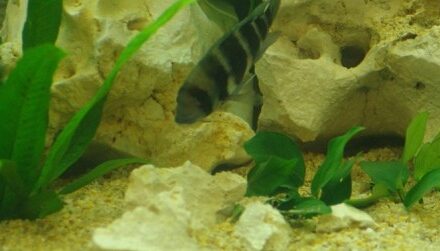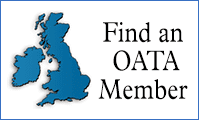We’ve sent the below letter to Northern Ireland’s Department of Agriculture, Environment and Rural Affairs (DAERA) Minister Andrew Muir to help raise awareness that exotic pets are not the same as dangerous wild animals.
During an update given to the Northern Ireland Assembly, Mr Muir responded to a question about exotic pets, calling for owners of exotic pets to ‘register’ them. This of course is not necessary. Keepers of a Dangerous Wild Animal, as outlined in the Dangerous Wild Animals Act, are required to register with their local authority and be inspected and licensed to keep that animal.
This is all part of the rhetoric around exotic pets – trying to make people think they are ‘wild’ and therefore ‘dangerous’. So when we see these examples of confusion we will always seek to clarify and educate, particularly when it’s policy and decision makers.
5 June 2025
Dear Mr Muir
I noticed that you raised the issue of exotic pets in your update on the British-Irish Council: Environment to the Northern Ireland Assembly on 27 May 2025.
There seemed to be some confusion about what is meant by the term exotic pets, with references made to dangerous wild animals and the need to register them. I am not surprised by the confusion – there is no real definition of what an ‘exotic pet’ is and certain anti-animal trade organisations like to infer that all exotic pets are wild animals, thereby making people think they are dangerous.
However, this is simply not the case. ‘Exotic pets’ cover a wide spectrum of everyday pets that will be found in many Northern Ireland homes, such as pet fish like goldfish, reptiles like tortoises, birds like canaries, and some small mammals, like chinchillas. These are not dangerous animals and there is no reason why people with these pets should need to ‘register’ them anymore than dog, cat or rabbit owners do. These pets have lived very happily alongside us for decades, and sometimes even longer, and are much-loved companions.
Anyone who has a dangerous wild animal, as defined by the Schedule in the Dangerous Wild Animals Act 1976 (examples include primates, wolves, cheetahs, zebras, ostrich, caiman, widow spiders) must be licensed and inspected by their local authority to be able to keep these animals. However, these animals are clearly not kept as domestic pets.
OATA is working with the GB Non-Native Species Secretariat on its Don’t Let Them Loose campaign, which is the work you refer to around exotic pets, to raise awareness and give advice to owners of pets that could become invasive if they were to be released or escape. It is modelled on the Be Pet Wise campaign already in circulation in Northern Ireland.
I hope you find this information useful. Anti-animal trade groups try to link the concepts of exotic pets and wild animals in their attempts to introduce positive lists, which seek to limit our access to the animals we can keep as pets. But educating people to pick the right pet for their lifestyle and care for it properly is the key to happy and healthy pets, not banning them. Not all pets are for everyone and having a wide range of animals we can keep as pets makes it less likely people will have to give them up.
Yours sincerely
Dominic Whitmee
Chief Executive
















